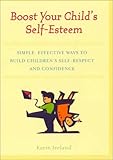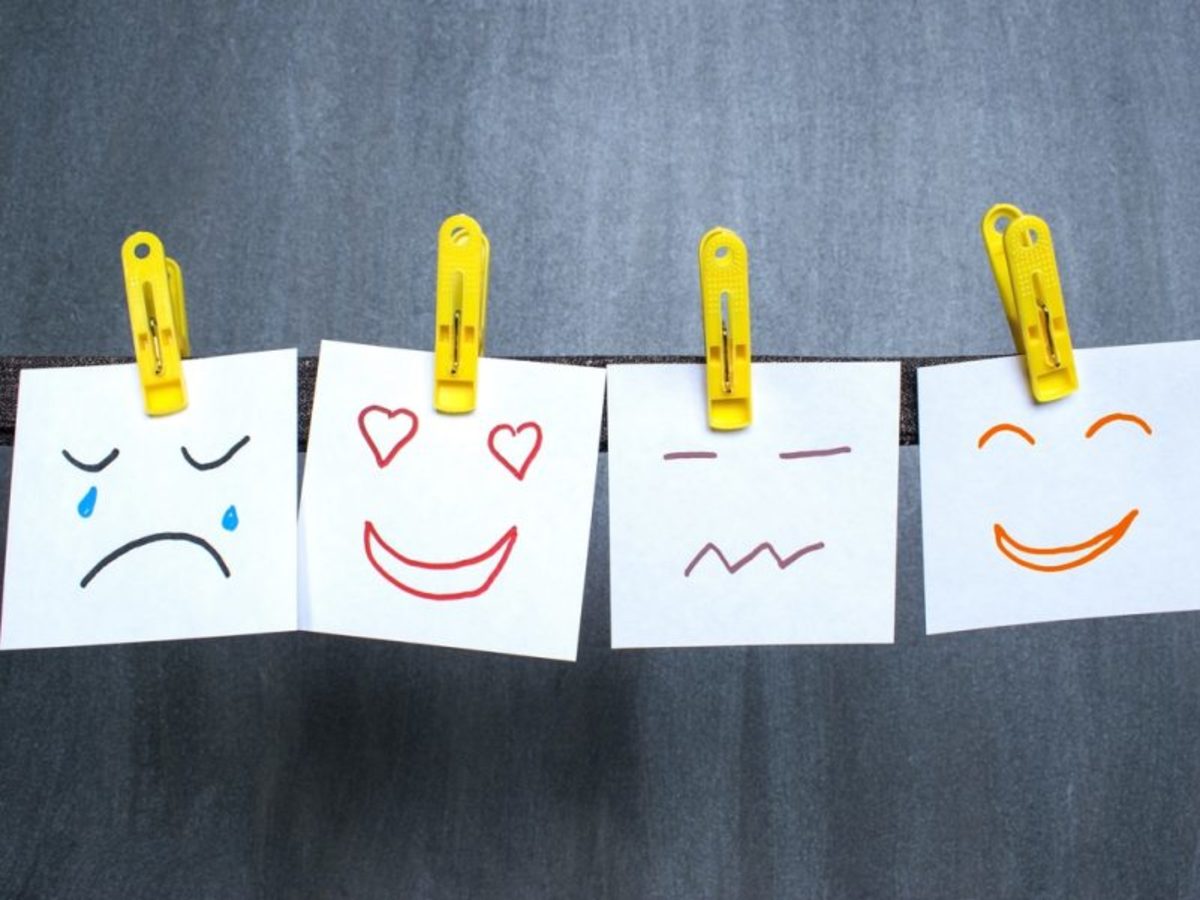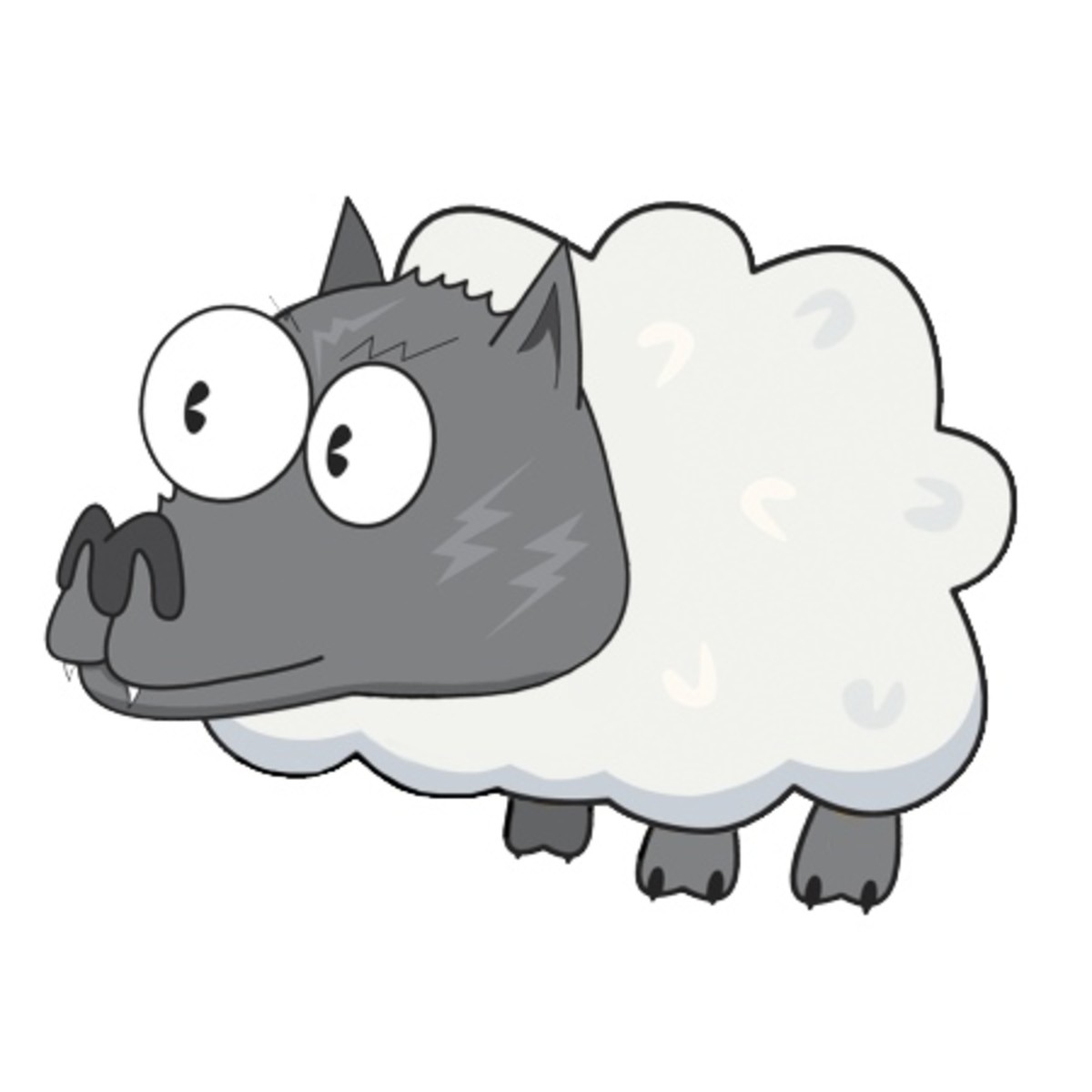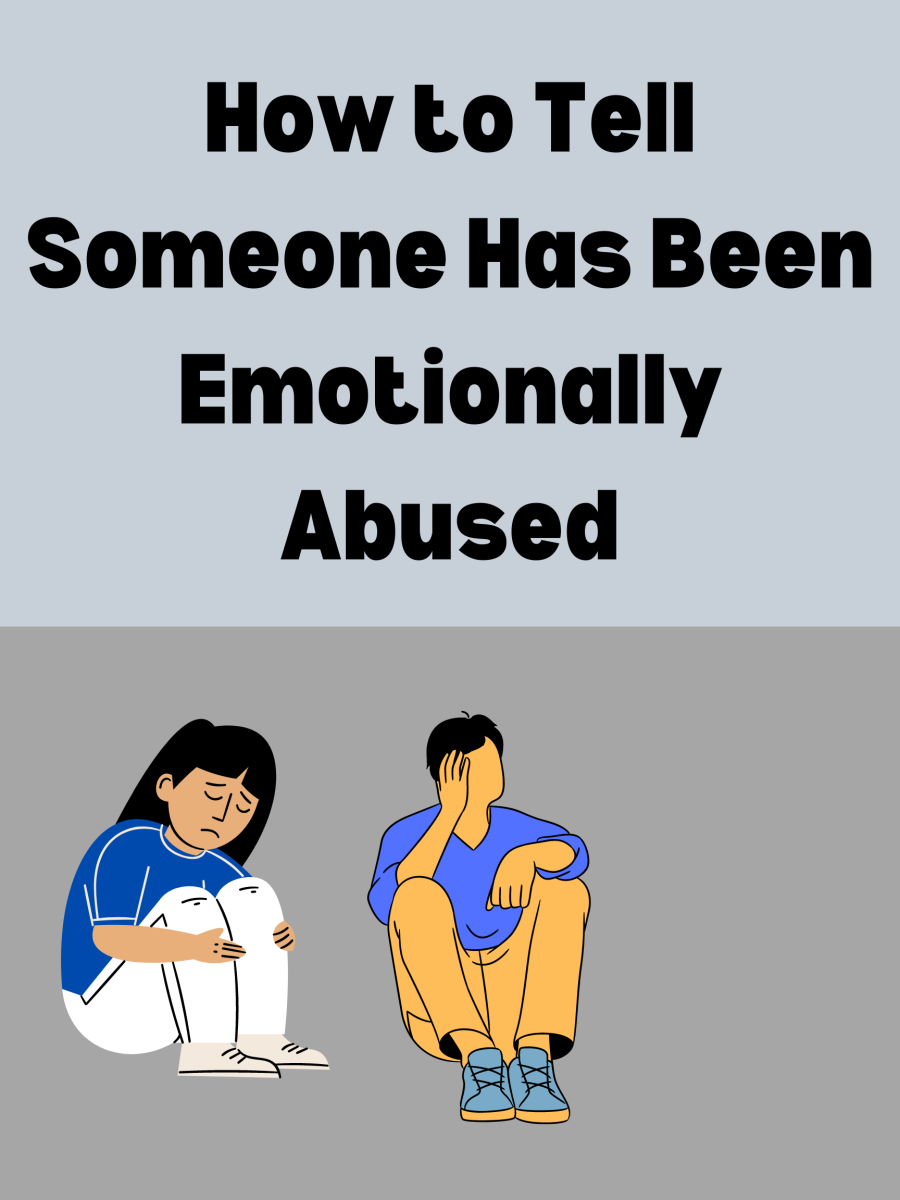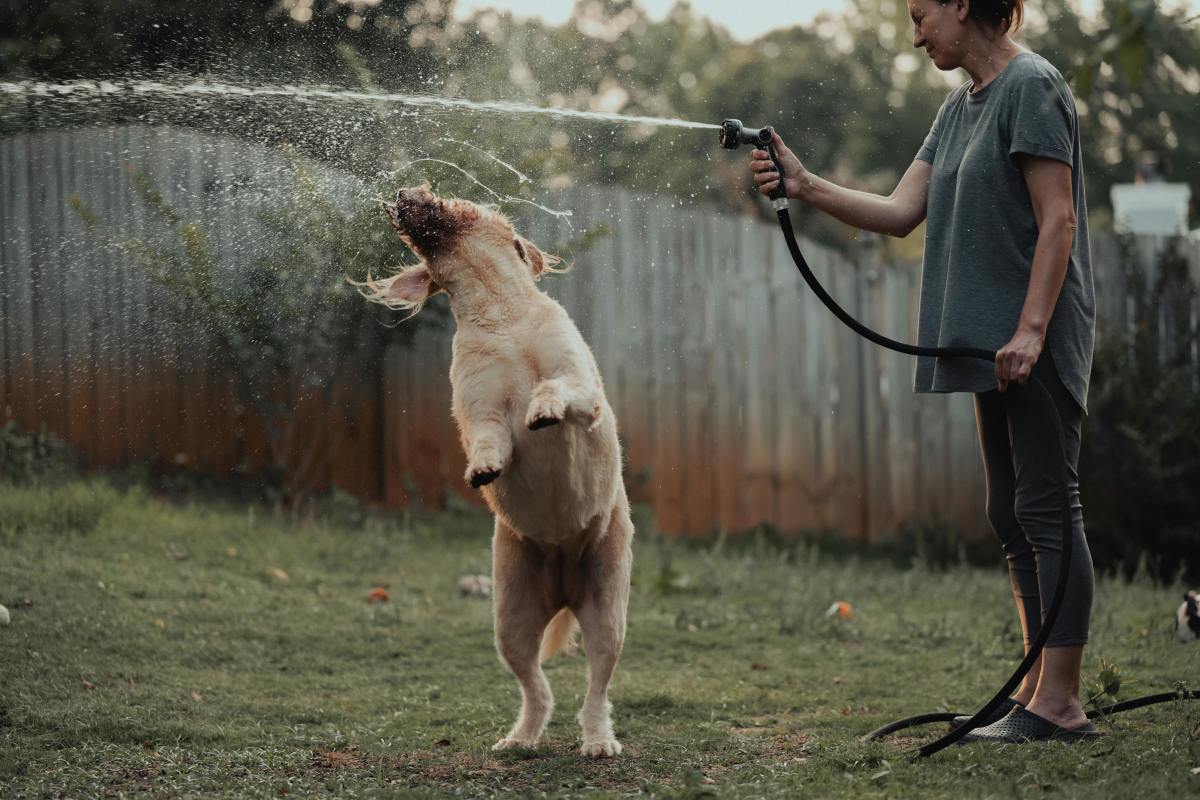Healthy Shame vs Toxic Shame

Two Types of Shame
There is perhaps nothing as devastating to a person's mental and emotional being than being a sponge for shame. Toxic shame destroys the pursuit of happiness and the sense of well-being we're all entitled to.
Having said that, there is a "type" of shame that can guide us through life. I call this shame helpful, or healthy. It is shame generated from within to help you. It's the feelings counterpart of "having a conscience" - not to punish but to tell you when you've tread on someone's toes.
Actually, I'm not sure healthy shame exists, but healthy reactions to feeling shame do. If shame motivates you to do better, that's about as healthy as shame can get.
This lens is NOT about who is to
blame for our shame.
It is about becoming aware of
two types of shame:
1) healthy/helpful and
2) toxic/destructive.
What's the Difference?
Healthy Shame is Constructive, Toxic Shame is Destructive
Helpful shame comes when needed, and if acted on, departs.
Destructive shame is a 24/7 habitual and unfriendly companion.
Helpful shame (the most helpful) is automatically generated in your body when you have done something dishonest or have hurt someone.
Destructive shame is a habit of thought and feeling acquired when others shame or reject us, over time.
Helpful shame - often an icky feeling in the stomach - is you telling yourself to make something right or apologize.
Destructive shame is a poison carried in your body and soul - and the antidote is often illusive.
Helpful shame brings you back to yourself with a lesson learned or a behavior corrected.
Destructive shame is a response to lessons piled on us by society, parents, other relatives, teachers, friends, and eventually ourselves.
Helpful shame is something you respond to subjectively.
Destructive shame is a reaction to other's judgements.
In Other Words . . . - short and to the point

The "Oops" Alarm
your internal shame's call to action
Many people know immediately if they have said or done something hurtful or inappropriate. If you are sensitive to the feelings and reactions of others, and to your own values, your built in "oops" alarm will go off when you've gone too far.
I've noticed, that even very young children respond to this inner sense. Does that mean its innate? Wired into us? I don't know. Built in or learned, the "oops" alarm triggers a rather "icky" feeling usually isolated in the stomach or chest area of the body. Sometimes it feels like an adrenaline rush or a "body blush."
When this "oops" alarm goes off it is NOT to shame you but to move you into action. It lets you know some repair or apology work needs to be done. If you take care of the situation, the oops feeling will diminish. Pain moves us to take a finger off the hot burner. Shame moves us to stop, take a breath, and take action - even if all you can do is say "I screwed up."
Most people also feel a keen sense of embarrassment after the alarm. After all, we've probably just shown our worst behavior to one or more people. Its painful, but embarrassment is a feeling almost everybody knows.
A helpful or healthy response to shame is the question:
"How can I repair, relieve, or at least take responsibility for the situation?"

Much human behavior is enacted to avoid feelings of shame. We are all taught the "rules" of our own nation, heritage, culture, and family. To break these rules, for most people, involves shame. Since most of us dislike the feeling of shame and embarrassment we usually keep the rules, at least until we've grown up and thought through the rules for ourselves.
It is healthier for people to act out of respect rather than to avoid shame (there is a subtle but powerful difference). The former is a chosen motive for action, the latter an enforcer driven by fear.
Books Addressing Shame

Shame: A Social Emotion
by Mark Dombeck, Ph.D.
Shame is a common and pretty much universal human emotion but it is not what psychologists call a basic emotion. Basic emotions, such as disgust and joy, are hard-wired into the brain and body, are pretty much present from birth, and are "selfish" in orientation. I do not mean to suggest, through my use of the term selfish, that people who experience basic emotions are acting selfishly. Rather, I'm trying to suggest that all the basic emotions can occur in the complete absence of other people; They are reflections of and reactions to people's own internal states and do not refer to anyone other than the person experiencing them. The contorted face characteristic of disgust reflects a baby's revulsion at tasting something nasty, for instance. The face is about how the baby feels, and about the baby's experience and nothing more. The face communicates emotion if someone is around to see it, but it is not necessary that some audience be present in order for the baby to make the face.
Shame is a more complex emotion than disgust, because unlike disgust, shame is an inherently social emotion that depends on an awareness of social relationships before it can occur. It is impossible for a newborn baby to experience shame because a newborn has no concept of a social world yet. There's just the baby's needs and that is pretty much it. Only through gradual interaction, frustration and slow social-emotional development does a baby eventually realize that it is a separate being from other people. It is only after this realization of self as part of a web of social relationships that shame can occur.
When you haven't yet figured out that there are other people in the world who matter (as is the case with newborns, narcissists and sociopaths), you do not yet recognize that such a thing as social standards exists (or are important) and thus there is no solid basis present for shame to occur.

More on Healthy Shame
close to, if not the same as, humility and vulnerability
Shame as Embarrassment and Blushing
Mistakes are a part of human nature.
With blushing, we know we've made a mistake.
Shame as Shyness
Shyness is a natural boundary that keeps us from
being harmed by a stranger.
Shame as the Basic Need for Community
As humans, we have a basic need for community.
Our shame in this case acts as a healthy reminder
that sometimes we need help and that we have a
need to be involved in loving, caring relationships.
Shame as the Source of Creativity and Leaning
One of the biggest road blocks to creativity is a
feeling of being right. When we think we are
absolutely right, we stop seeking further
information. Being certain stops curiosity. Curiosity
is at the heart of all learning. Our healthy shame
never allows us to think we know it all.
Shame as the Source of Spirituality
Some would say that spirituality is our ultimate
human need. Healthy shame is essential for
grounding ourselves to this ultimate source of
reality. Healthy shame reminds us that we are
not God. It grounds us in humility.
~ John Bradshaw ~

Well Said
quotes concerning shame
As soon as you forbid something, you make it extraordinarily appealing. You also bring shame in as a phenomenon.
~ Jock Sturges ~
Neither shame nor physical pain have any other effect than a hardening one.
~ Ellen Key ~
Honor and shame from no condition rise. Act well your part: there all the honor lies.
~ Alexander Pope ~
I just don't know that shame and fear need to be our teachers; rather, compassion, understanding, and love should be our guides.
~ Kyan Douglas ~
I used to look in the mirror and feel shame, I look in the mirror now and I absolutely love myself.
~ Drew Barrymore ~
Let us not be ashamed to speak what we shame not to think.
~ Michel de Montaigne ~
Once we realize that imperfect understanding is the human condition there is no shame in being wrong, only in failing to correct our mistakes.
~ George Soros ~
Shame is the feeling you have when you agree with the woman who loves you that you are the man she thinks you are.
~ Carl Sandburg ~
Shame may restrain what law does not prohibit.
~ Lucius Annaeus Seneca ~
The books that the world calls immoral are books that show the world its own shame.
~ Oscar Wilde ~
The only shame is to have none.
~ Blaise Pascal ~
The secret thoughts of a man run over all things, holy, profane, clean, obscene, grave, and light, without shame or blame.
~ Thomas Hobbes ~
There is no flag large enough to cover the shame of killing innocent people.
~ Howard Zinn ~
We cannot be kind to each other here for even an hour. We whisper, and hint, and chuckle and grin at our brother's shame; however you take it we men are a little breed.
~ Alfred Lord Tennyson ~
What do you regard as most humane? To spare someone shame.
~ Friedrich Nietzsche ~
Whatever is begun in anger ends in shame.
~ Benjamin Franklin ~
Where the mind is past hope, the heart is past shame.
~ John Lyly ~

"If distress is the effect of suffering, shame is the affect of indignity, transgression and of alienation. Though terror speaks to life and death and distress makes of the world a vale of tears, yet shame strikes deepest into the heart of man.... shame is felt as inner torment, a sickness of the soul....the humiliated one feels himself naked, defeated, alienated, lacking in dignity and worth." ~ Silvan Tomkins ~
5 Human Freedoms
The Power to Perceive
The Power to Think and Interpret
The Power to Feel
The Power to Desire (want/choose)
The Power to Imagine
If these freedoms are denied . . .
the true self of each person / family member is denied.
Denial demands that you not perceive, think,
feel, desire or imagine the way you truly do, but the way
controlling rules or people
require you to . . .

Poem About Toxic Shame
by Vivian Gilbert Zabel
I stand nude before the world,
My faults and shortcomings
Exposed for all to see.
Like a tacky, tattered blanket,
A cloud of despair smothers me.
Layers of gray with streaks
Of blinding black press me
To the ground, a broken statue,
Tarnished by relentless rain
And worn by whimpering wind.
I cannot lift my head to watch
In case others turn from me,
Disdain displayed in their eyes.
Shame turns confidence into
Disgust for myself, burning
Like a fire without warmth,
Only a chill leaving no comfort.
How can anyone love me
When I remain disgraced in life
By being who and what I am?
Where (Toxic) Shame Comes From
Shame comes from being taught
that we are worthless or bad or something similar.
It comes in childhood from adults who say things like:
"You'll never amount to anything!"
"You are worthless!"
"I wish you were never born!"
"Shame on you!"
It also comes from severe physical discipline
since each hit of the hand or fist or belt says to the child:
"You don't matter at all!
Only what you do matters!"
And shame comes from being humiliated for our behavior.
It comes from adults who say:
"What would the neighbors think of you if they knew...?"
"You look ridiculous!"
"Don't you have any pride?"
"What's wrong with you anyway!?"
And it comes from being threatened
with shaming, or physical discipline, or humiliation.
When we are threatened with these things,
the psychological message is the same:
"I can and will treat you any way I want to...
You are a worthless weakling at my disposal!"
(found at helpyourselftherapy.com)
We do not want other people to
see in to us, because then they
will learn our shameful secret.
We have a fear of intimacy
because of the false belief that
there's something inherently
wrong with us.
A Classic











